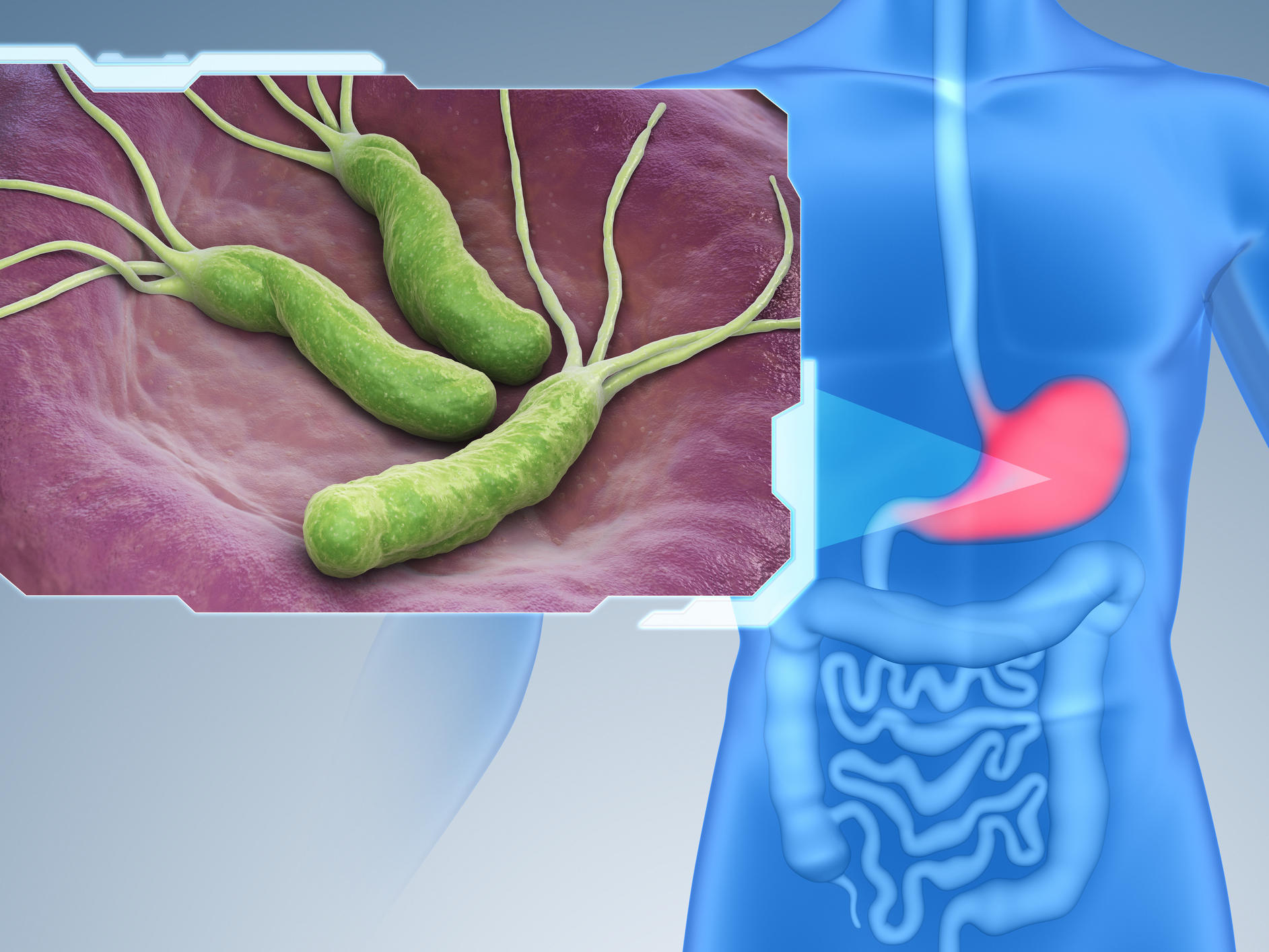
Pait Mein Infection: Causes, Symptoms, and Treatment - Expert Gastroenterology Care
“Pait mein infection” (stomach infection) is one of the most common digestive complaints seen by Dr. Muhammad Ali Taj in his Karachi practice. With over 27 years of experience as a Consultant Gastroenterologist, Dr. Taj provides expert diagnosis and treatment for various types of stomach and intestinal infections.
What is Pait Mein Infection?
A stomach infection, medically known as gastroenteritis, is an inflammation of the digestive tract that typically involves the stomach and intestines. In Urdu, this condition is commonly referred to as “pait mein infection” or “maide ki soojan”.
The infection can be caused by:
- Viral pathogens (viral gastroenteritis)
- Bacterial contaminants (bacterial gastroenteritis)
- Parasitic organisms
- Food-borne toxins
Common Causes of Pait Mein Infection in Karachi
Contaminated Water
Karachi’s water supply issues make waterborne infections particularly common. Consuming improperly filtered or treated water can lead to:
- Bacterial infections from E. coli or Salmonella
- Parasitic infections like Giardia or Cryptosporidium
- Viral infections including Hepatitis A
Food Contamination
Food contamination is another leading cause of “pait mein infection” in Karachi:
- Improper food handling or storage
- Inadequate cooking temperatures
- Cross-contamination between raw and cooked foods
- Street food prepared in unhygienic conditions
Person-to-Person Transmission
Some infections spread easily from person to person:
- Norovirus (highly contagious)
- Rotavirus (common in children)
- Bacterial infections like Shigella
Signs and Symptoms of Pait Mein Infection
Digestive Symptoms
- ”Pait mein dard” (stomach pain)
- “Dast” (diarrhea)
- “Qay” (vomiting)
- “Matli” (nausea)
- “Pet mein garr garr” (stomach rumbling)
- “Gas” (flatulence)
Systemic Symptoms
- Fever (mild to high)
- Dehydration
- Fatigue and weakness
- Muscle aches
- Headache
- Loss of appetite
When to See a Stomach Doctor
While many stomach infections resolve on their own, Dr. Taj recommends seeking medical attention if you experience:
- Severe abdominal pain
- Diarrhea lasting more than 3 days
- Blood in stool
- Signs of dehydration (extreme thirst, dry mouth, minimal urination)
- Fever above 102°F (39°C)
- Persistent vomiting that prevents keeping fluids down
Diagnosis of Pait Mein Infection
Medical History and Physical Examination
A thorough discussion of symptoms, recent food consumption, travel history, and exposure to sick individuals.
Laboratory Tests
- Stool samples to identify bacteria, viruses, or parasites
- Blood tests to check for inflammation markers and dehydration
- Food and water testing in case of suspected outbreaks
Endoscopic Procedures
In severe or persistent cases, Dr. Taj may recommend:
- Upper endoscopy to visualize the stomach lining
- Colonoscopy for lower intestinal tract examination
Treatment for Pait Mein Infection (Pait Mein Infection Ka Ilaj)
Treatment varies based on the cause and severity of the infection:
Viral Infections
Most viral stomach infections are self-limiting and treatment focuses on:
- Fluid replacement to prevent dehydration
- Rest to allow recovery
- Bland diet during recovery
- Over-the-counter medications to manage symptoms
Bacterial Infections
For bacterial “pait mein infection”:
- Specific antibiotics based on the bacterial cause
- Probiotics to restore healthy gut bacteria
- Anti-nausea medications
- Hydration therapy
Parasitic Infections
Parasitic infections require:
- Anti-parasitic medications
- Follow-up testing to ensure complete eradication
- Supportive care for symptoms
What Antibiotics Are Used for Gut Infections?
Dr. Taj carefully selects antibiotics based on the specific pathogen:
- Ciprofloxacin or azithromycin for travelers’ diarrhea
- Metronidazole for certain parasitic infections and Clostridium difficile
- Amoxicillin or clarithromycin for H. pylori infections
- Rifaximin for specific types of bacterial overgrowth
Note: Antibiotics should only be used when clearly indicated for bacterial infections, as inappropriate use can lead to antibiotic resistance and disruption of beneficial gut bacteria.
Prevention of Pait Mein Infection
Water Safety
- Boil drinking water or use reliable water filters
- Avoid tap water in areas with questionable water quality
- Use bottled water for drinking and brushing teeth when traveling
Food Safety
- Wash hands thoroughly before handling food
- Cook foods to proper temperatures
- Refrigerate perishable foods promptly
- Wash fruits and vegetables thoroughly
- Be cautious with street food and raw seafood
Personal Hygiene
- Frequent handwashing, especially after bathroom use and before eating
- Use of hand sanitizers when soap and water aren’t available
- Avoid sharing personal items with infected individuals
Recovery Time for Stomach Infections
Recovery times vary based on the cause:
- Viral gastroenteritis: typically 2-3 days
- Bacterial infections: 3-7 days with appropriate treatment
- Parasitic infections: may take 1-2 weeks or longer with medication
Long-term Complications of Untreated Pait Mein Infection
Untreated or severe stomach infections can lead to:
- Post-infectious IBS (Irritable Bowel Syndrome)
- Reactive arthritis
- Temporary lactose intolerance
- Malnutrition from prolonged illness
- Gut microbiome disruption
Schedule a Consultation with Dr. Taj
If you’re experiencing symptoms of “pait mein infection” or have concerns about your digestive health, Dr. Taj is available for consultations at multiple locations across Karachi. For appointments, contact via WhatsApp at 0312 3803935.
Dr. Taj provides expert care at:
- Ziauddin Hospital (Clifton)
- Life Care Hospital
- Hill Park General Hospital
- And other locations throughout Karachi
Medical Disclaimer: The information provided in this article is for educational purposes only and is not intended to be a substitute for professional medical advice, diagnosis, or treatment. Always seek the advice of your physician or other qualified health provider with any questions you may have regarding a medical condition.
